Top diplomat slams politicization of Syria chemical file, disregard for terrorists’ crimes
Syria’s deputy permanent representative to the United Nations has voiced regret over the politicization of his country’s chemical file by certain countries, stating that the practice comes as criminal acts by Takfiri terrorist groups across Syria are being blatantly ignored.
“On March 19th, 2013, terrorist groups fired a shell laced with toxic chemicals on the city of Khan al-Assal in Aleppo province, claiming the lives of 25 people, mostly members of the Syrian Arab Army. Another 110 people suffered breathing difficulties,” Qusay al-Dahhak said at a session of the UN Security Council on Thursday.
He added, “Syria called on the former UN secretary-general (Ban Ki-moon) at the time to form an independent technical mission to investigate the incident. Unfortunately, it took several months for the mission to be formed. Neither have its members visited the site of the incident, nor has any investigation been conducted up until now.”
Dahhak pointed to the Khan al-Assal chemical attack as “a clear example of certain countries’ attempts to conceal the crimes being committed by terrorist organizations, and the scope of manipulation and politicization concerning the so-called Syrian chemical file.”
The diplomat highlighted that Syria voluntarily joined the Chemical Weapons Convention (CWC) on October 14, 2013, eliminated its stockpile of chemical warfare, destroyed its production facilities, and remains interested to address the lingering issues through cooperation with the Organization for the Prohibition of Chemical Weapons (OPCW) to close the file permanently.
Dahhak emphasized that the OPCW would not successfully accomplish its missions if it bows to external pressure and opts to politicize the work of its affiliated agencies.
Iran demands full implementation of CWC
Moreover, Iran’s ambassador and permanent representative to the UN has called for the full, effective, and non-discriminatory implementation of the CWC, stating that Syria has fulfilled its obligations under the treaty.
Speaking at the same Security Council session, Majid Takht-Ravanchi criticized the world body for holding regular meetings on “The Situation in the Middle East: (Syria – Chemical).”
He called for the complete, effective, and non-discriminatory implementation of the CWC, and underscored that OPCW’s authority must be preserved.
“Syria has complied with its obligations under the convention and continues to cooperate with the OPCW. It submitted its 98th report on the destruction of chemical weapons and associated production sites on its territory on January 17, 2022.
“In addition, Syria regularly provides information to the Technical Secretariat of the OPCW and the General Secretariat of the UN about the possession and use of chemical materials by some terrorist organizations, as well as fabrication of chemical incidents in order to blame the Syrian Army for such heinous acts,” Takht-Ravanchi noted.
The Iranian diplomat went on to note that members of the Takfiri terrorist group Hayat Tahrir al-Sham (HTS), previously known as Jabhat al-Nusra, have recently staged a false-flag chemical attack in Syria’s northwestern province of Idlib to implicate Syrian government troops.
The Iranian UN ambassador also pointed to the “disastrous and horrific repercussions of the systematic use of chemical weapons” by the slain Iraqi dictator Saddam Hussein during the eight-year bloody war against Iran in the 1980s, emphasizing that the Islamic Republic “reiterates its opposition to the use of chemical weapons by anyone, anywhere, at any time, and under any circumstances.”
“Only the complete destruction and elimination of all chemical weapons on a global scale, as well as the implementation of all essential measures to prevent their production, can ensure that chemical weapons are never used again,” Takht-Ravanchi said.
“We reiterate once again our call on the Security Council to utilize its meetings on Syria. Dedicating one monthly meeting of the council to the repetition of positions and unfounded allegations against the Syrian government is not conducive to the Security Council’s efficiency.”
Moscow and Damascus have on many occasions said members of the so-called White Helmets civil defense group stage gas attacks in a bid to falsely incriminate Syrian government forces and fabricate pretexts for military strikes by the US-led military coalition.
The group, which claims to be a humanitarian NGO, has long been accused of collaborating with anti-Damascus militants.
On April 14, 2018, the US, Britain, and France carried out a string of airstrikes against Syria over a suspected chemical weapons attack on the city of Douma, located about 10 kilometers northeast of the capital Damascus.
Washington and its allies blamed Damascus for the Douma attack, a charge the Syrian government rejected.
According to concealed OPCW documents that were revealed later, the investigators of the Douma incident had found “no evidence” of a chemical weapons attack.
However, the organization censored the findings under pressure from the US and its allies to conceal evidence undermining the pretext of the ensuing US-led bombing of Syria.
Syria surrendered its stockpile of chemical weapons in 2014 to a joint mission led by the United States and the OPCW, which oversaw the destruction of the weaponry. It has consistently denied using chemical weapons.
Hamas: Israel escalating ceasefire violations in Gaza
Venezuela's government declares unwavering unity behind Maduro
VIDEO | Global outcry over Venezuela president abduction
Iran keeps wheat import subsidies despite cutting other food supports
Venezuelan military stands with acting president after US kidnapping of Maduro
VIDEO | Press TV's news headlines
VIDEO | Protesters in Toronto slam US kidnapping of Venezuelan president
Israeli troops detain, intimidate Palestinian toddler in West Bank


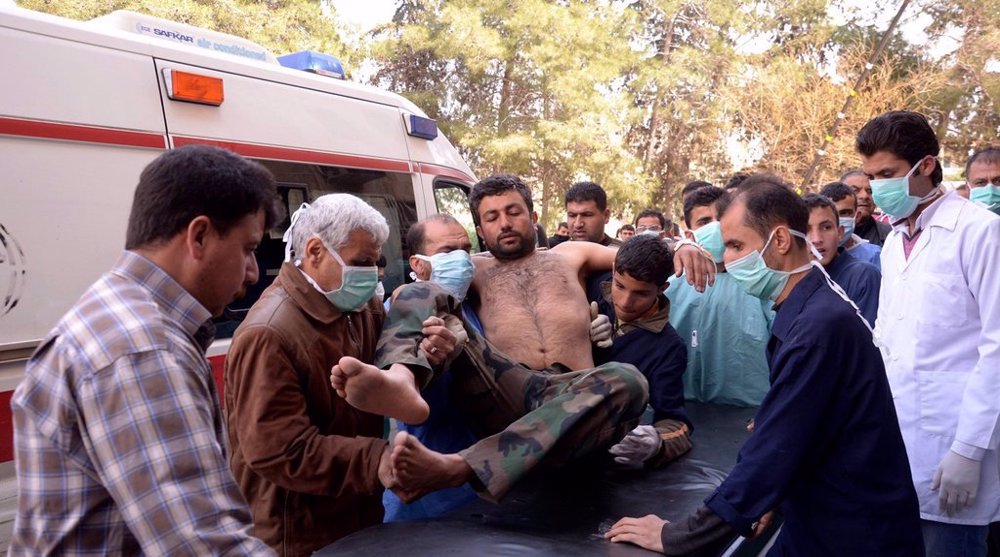
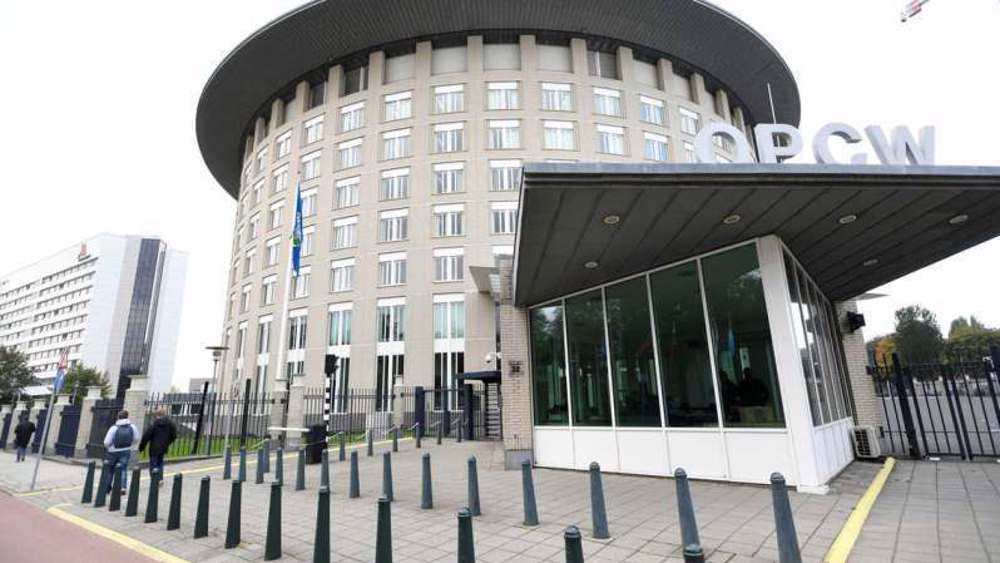
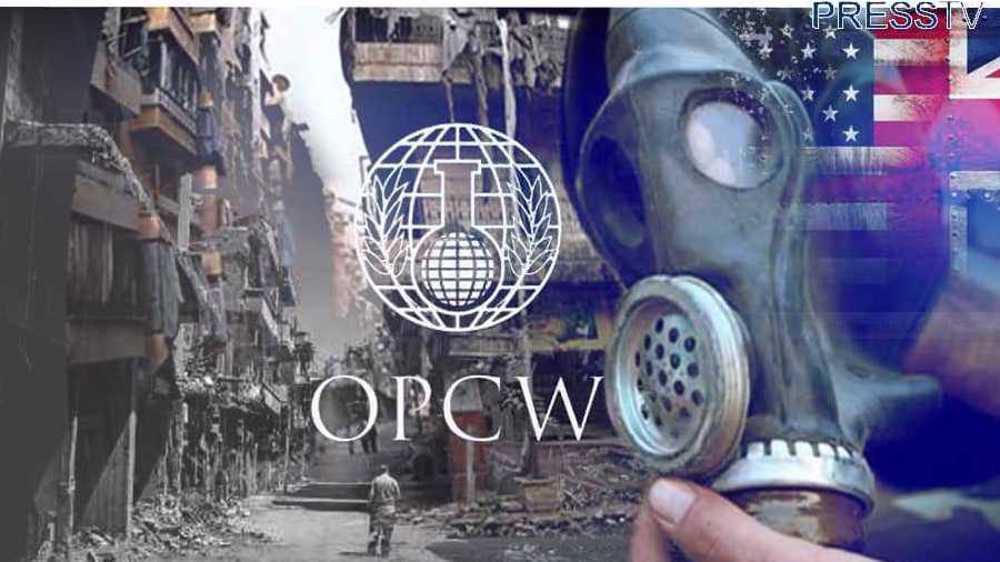
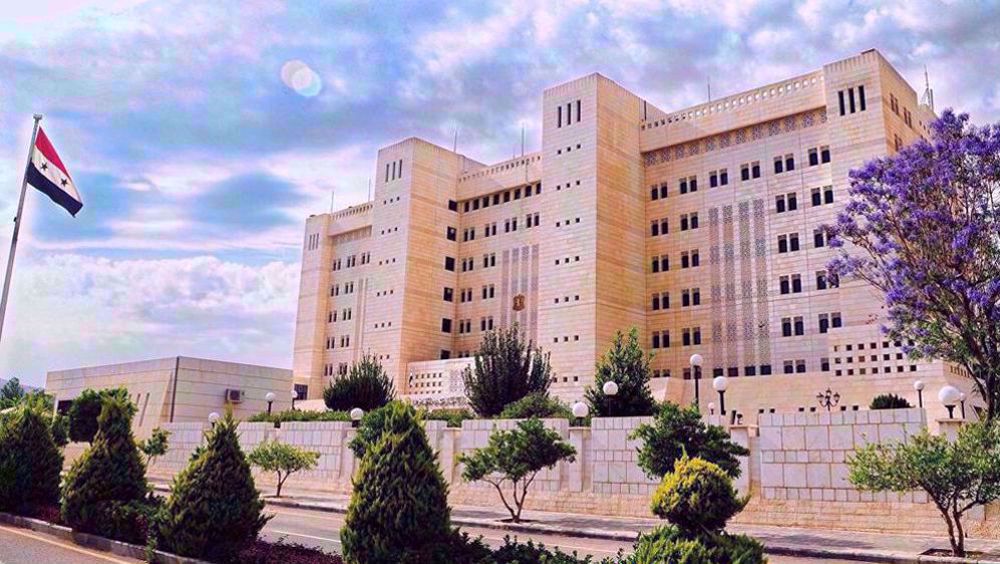

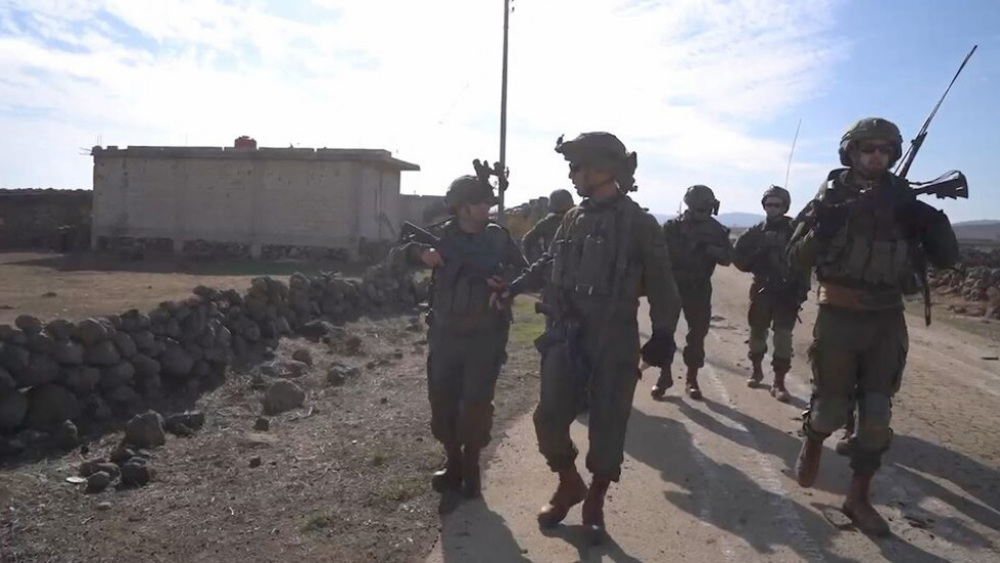
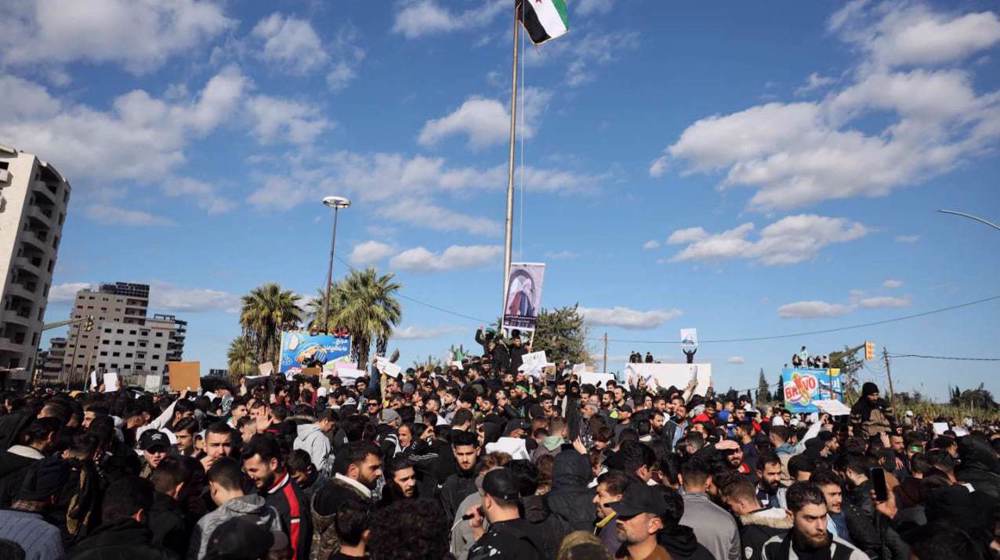



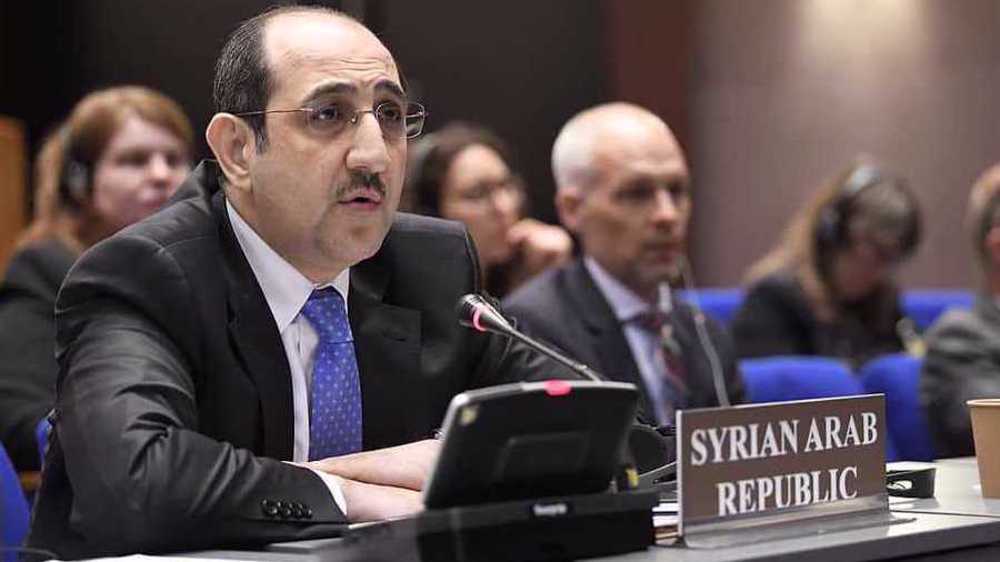
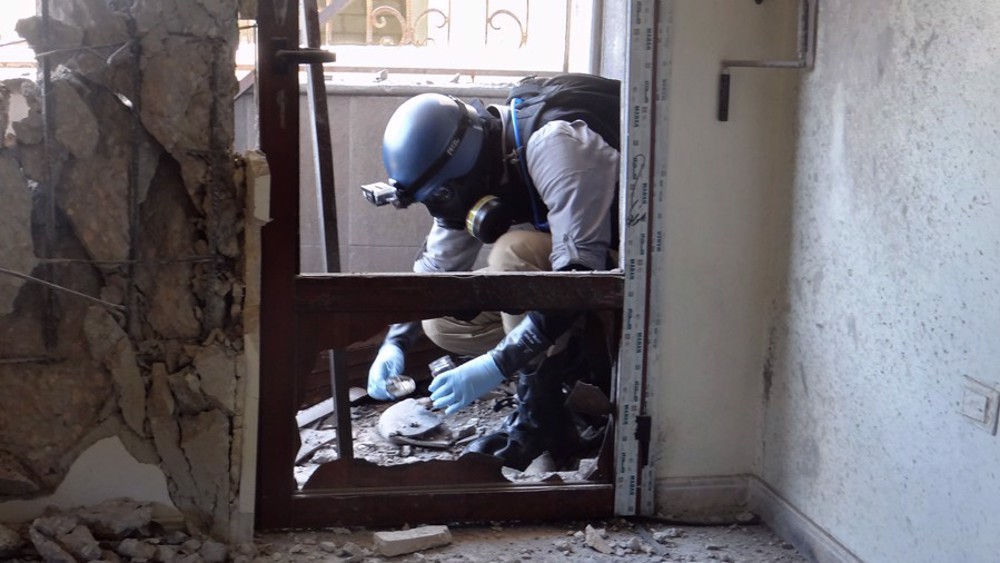
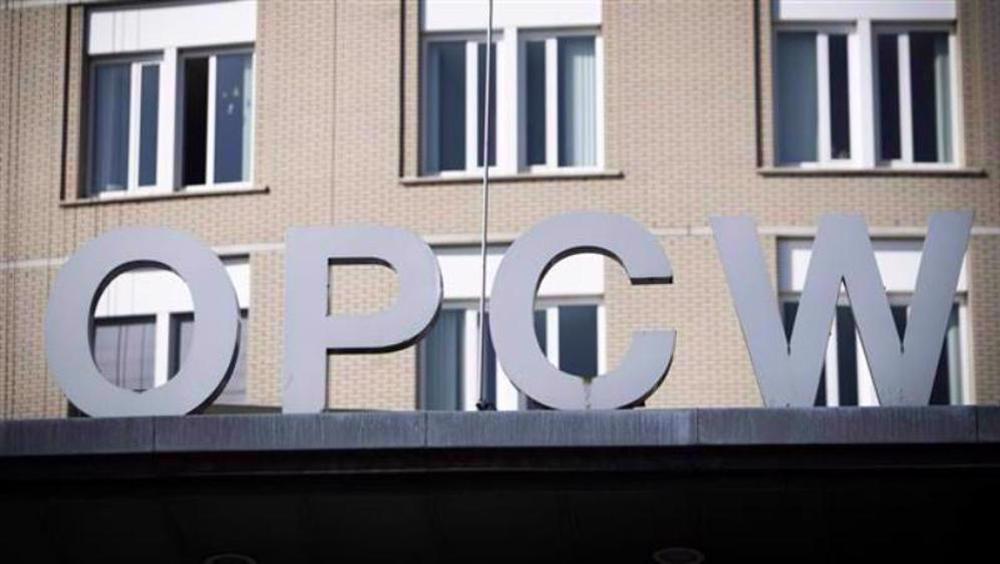
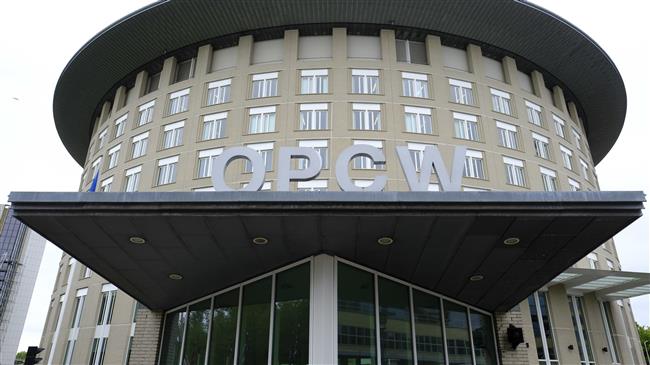
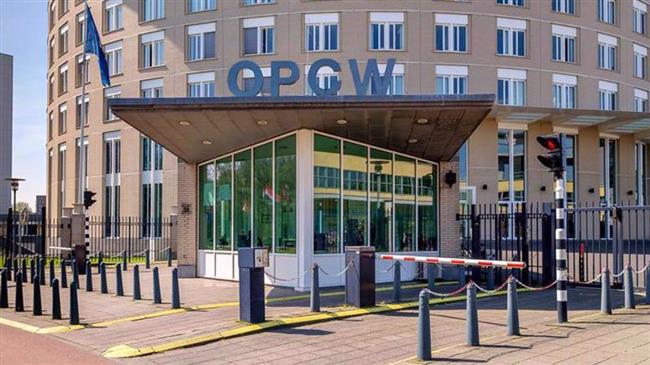
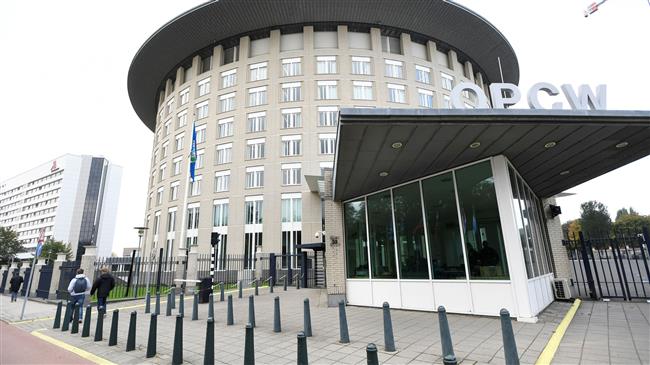
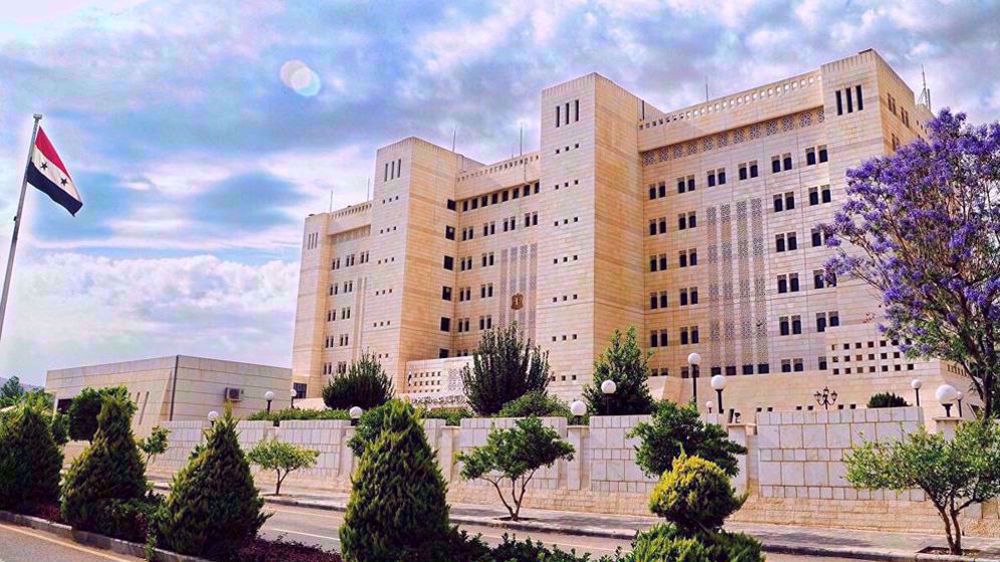
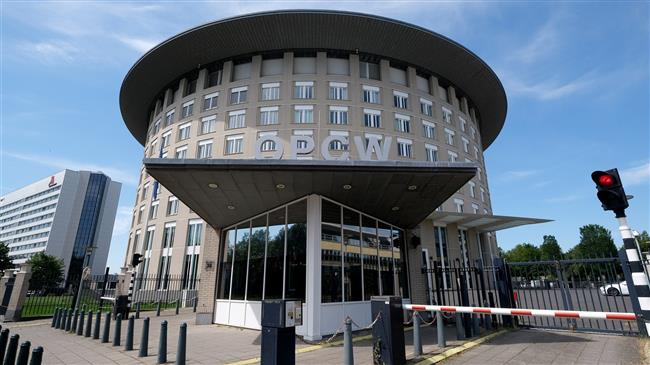

 This makes it easy to access the Press TV website
This makes it easy to access the Press TV website